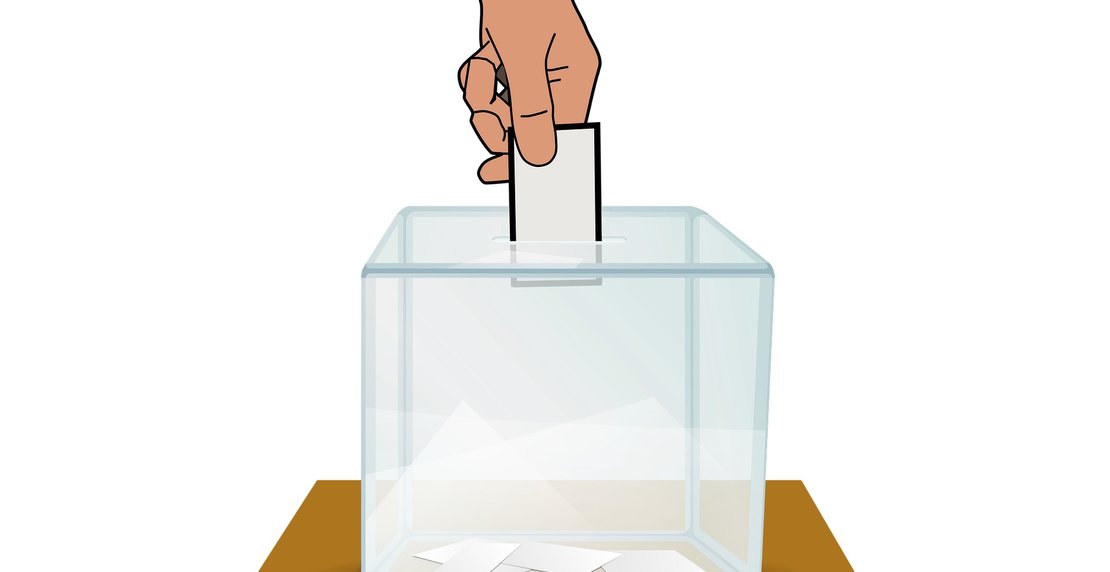
FAQ about the elections
Voting for non-Dutch people in the Hague
Can I vote in the Hague’s elections?
As a non-Dutch citizen you are eligible to vote for the municipal elections in the Hague if you fulfil the following criteria:
1. You are at least 18 years of age on the 16th of March 2022.
2. You are registered as an official citizen of the Hague on the 31st of January 2022. If you register after this date, you are unfortunately not able to vote.
3. You either have to be of Dutch nationality, have a passport of one of the European Union’s member states or have lived in The Hague for five years without interruptions.
When can I vote?
The elections will take place on the 16th of March 2022; however, you can vote earlier on the 14th and the 15th of March. Most places where you can vote are open from 7:30 am to 9pm, but it is advisable to check this before you go there to vote.
Where can I vote?
Voting should be accessible to everyone, therefore the municipality of the Hague has dozens of locations at which you may vote. You can check for your most convenient option here: https://www.stembureausindenhaag.nl/map
How do I vote?
If you are eligible to vote in the upcoming municipal elections you should receive a voting pass by the 2nd of March 2022. In case you lose this voting pass or it is damaged you can request a new one at the municipality.
On the day you decide to vote it is necessary to take your voting pass and passport. A national ID card or driver's license is also an option if you are from an EU country or from Norway, Switzerland (no drivers license accepted), Liechtenstein or Iceland. You can also vote with a proof of identity if it has not expired more than five years ago. This means all dates after the 17th of March 2017 are accepted.
Of course, most voting places are also accessible for people with disabilities. It is however best to check beforehand, concerning your specific requirements. You can also authorize another eligible voter to vote on your behalf, who can then vote for you and them simultaneously. The easiest way of doing so is to fill in the backside of your voting pass and provide your authorized person with a copy or good digital photo of one of the identity-proving documents you would bring to vote yourself.
Who can I vote for?
Right now there are more than twenty political parties that can be voted for in the elections.
What does the CDA stand for?
The CDA is one of the oldest political parties in the Netherlands and one of the parties that is located around the center of the political spectrum. Our name stands for ‘Christian Democratic Appeal’ (Dutch: Christen-Democratisch Appèl) and we are based on norms and values that lead to a society everyone can live in. These are: shared responsibility, justice, solidarity and stewardship.
For the Hague, we plan on increasing the livability of the city. This means that we want a city council that is involved with all citizens of the Hague. Of course, this starts with being open for suggestions, improvements and criticism. Politicians are meant to serve the citizens they represent and not the other way around.
Moreover, the livability can be increased through turning the Hague into a sustainable city with green spaces. Among other things, we also envision a city that not only features a lot of green spaces and serves the mental health of its citizens, but also an active city that serves the physical health of its citizens. Through supporting and encouraging sport clubs and participation in them throughout all demographics, we are keen to turn this into reality in the future. Another factor that will increase the livability is of course the provision of security for everyone. Equal chances also include poverty and the people affected by it.
Socially speaking, we also see the necessity to increase everyone’s chances, without concern of sex, gender, ethnicity, heritage, religion or age. Everyone deserves equal chances, nationally and locally. As such, discrimination and exclusion are also unacceptable, and we will actively fight every occurrence. The CDA wants to actively empower people stricken by poverty, instead of marginalizing them.
Equal opportunities also include the fact that we want to support local business owners and integrate them into our aspirations of ensuring that the Hague becomes a sustainable city. Cooperation will be key to make this transition possible and to ensure that the Hague flourishes alongside its local economy.
